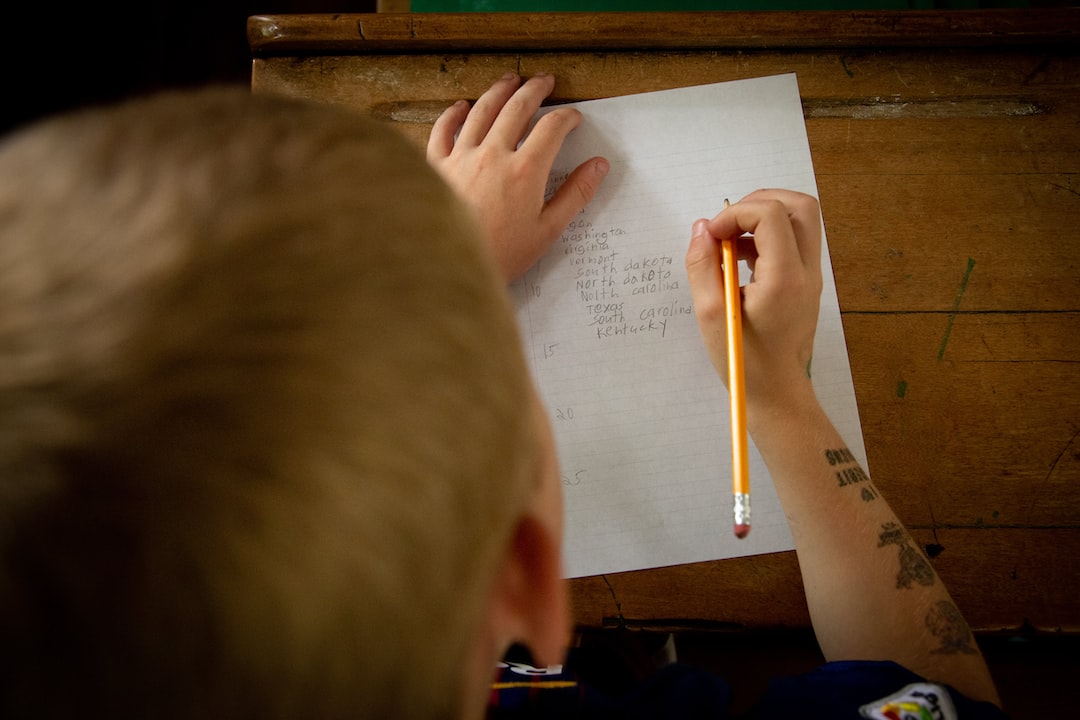5 Reasons Incarcerated People Should Enroll in a Literacy Program

Literacy has the power to improve lives in a society where knowledge is power. Despite the fact that many people take reading and writing for granted, a sizable portion of the population remains illiterate. These are the prisoners.
Behind prison gates, there is a lack of resources for reading and education. This feeds a cycle of poverty and lost opportunities. But inside these boundaries, the demand for literacy initiatives becomes much more pressing.
In this article, we examine five reasons why inmates should seize the chance to sign up for a literacy program. We will emphasize the enormous influence it may have on their lives and prospects for the future.
Table of Contents
1. Communication and Self-Expression
Literacy skills help inmates share their thoughts, feelings, and experiences in a clear way. By getting better at reading and writing, people in prison can stay in touch with their families, express themselves better, and feel like they fit in the prison community. This is why educational programs in prison are essential.
2. Personal Growth
Education is a strong way to improve yourself and change your life. Literacy programs give criminals a chance to learn more, get better at thinking critically, and get involved with new ideas.
By investing in their education, people who are in jail can build self-esteem, confidence, and a good sense of who they are. This can help them have a better chance of being accepted back into society when they get out.
3. Employability and Future Prospects
Prisoners often have trouble getting jobs when they get out because they can’t get an education or learn new skills. People who take part in a literacy program learn important reading, writing, and speaking skills that make them more employable. By learning how to read and write, prisoners improve their chances of getting good jobs and living successful, independent life after they get out of jail.
4. Reduced Recidivism
Literacy programs try to get to the root causes of violent behavior and re-offending. Literacy programs help people grow as people and give them the skills they need to stop repeating crimes.
They do this by giving prisoners the tools they need to think critically, solve problems, and make well-informed choices. Investing in education and literacy lowers the number of repeat offenders, making neighborhoods safer.
5. Empowerment and Empathy
Literacy programs give inmates the skills they need to become involved in their own lives and communities. Inmates can learn empathy, understanding, and kindness by reading and thinking about things from different points of view.
Literacy programs help people grow as people, change how they see themselves, and feel more responsible. This means that prisoners can do good things for society while they are in jail and after they get out.
A Literacy Program Can Make Prisoners Better People
Incarcerated people should take advantage of the opportunity to enroll in a literacy program to gain a new skill set. It can provide them with additional educational resources and increase their chance of reintegrating into society upon release.
Investing in literacy programs can give people in prison a sense of purpose and a path to success. Start that journey today by finding a literacy program in your area.
Did you find this article helpful? Keep reading our blog for more!






